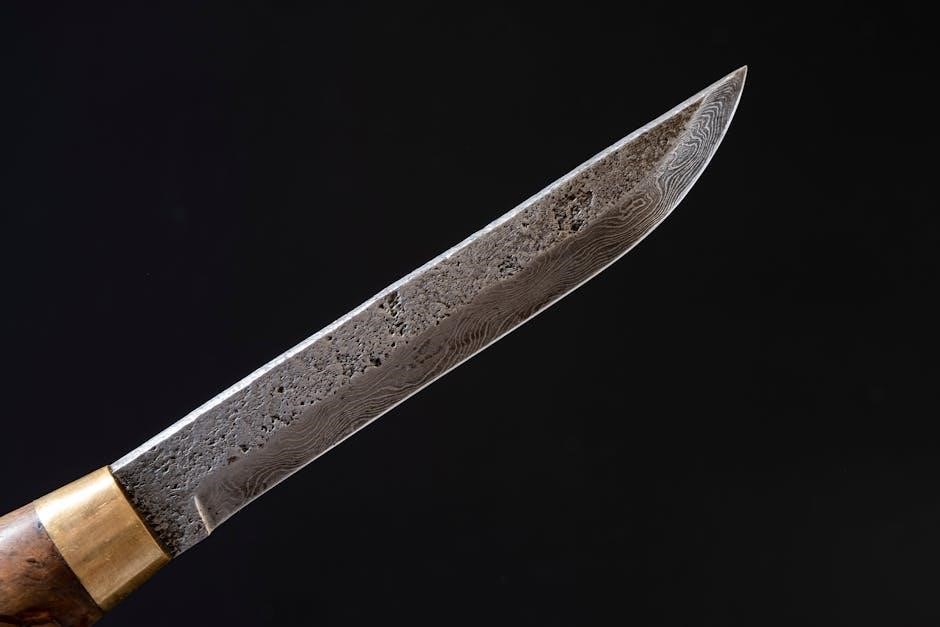Tipping hunting guides is a customary way to express gratitude for their expertise‚ effort‚ and service. Typically‚ tips range between 10% to 20% of the hunt’s total cost‚ reflecting the quality of service and success of the hunt. This practice varies by region and is influenced by factors like guide professionalism and overall experience.
1.1 Why Tipping is Important in Hunting Guided Trips
Tipping hunting guides is crucial as it reflects appreciation for their expertise‚ effort‚ and dedication. Guides often go above and beyond to ensure a successful and enjoyable experience. A tip acknowledges their hard work‚ from tracking and navigation to handling equipment and ensuring safety. It also incentivizes guides to provide exceptional service‚ knowing their efforts are valued. Additionally‚ tipping contributes to the overall quality of guided hunts‚ fostering a positive relationship between hunters and guides. By showing gratitude through a fair tip‚ hunters help maintain high standards in the industry and encourage outstanding performance in future trips.
1.2 Industry Standards for Tipping Guides
Industry standards for tipping hunting guides typically range between 10% to 20% of the total hunt cost. This percentage reflects the guide’s expertise‚ effort‚ and the overall success of the trip. For example‚ a $5‚000 hunt might warrant a $500 to $1‚000 tip. Additionally‚ support staff‚ such as trackers or cooks‚ often receive smaller‚ daily tips‚ varying from $20 to $40 per person‚ depending on their role and the hunt’s complexity. These standards ensure fair compensation for the team’s hard work and dedication‚ fostering a positive and professional hunting experience for all parties involved.
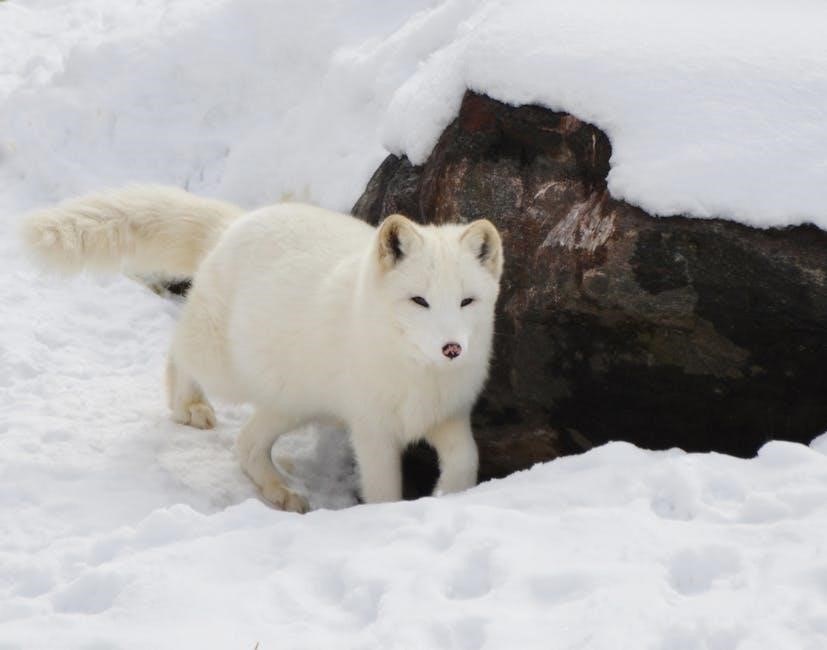
General Tipping Guidelines for Hunting Guides
Guides typically receive 10-20% of the hunt’s total cost as a tip‚ reflecting the quality of service and overall experience provided during the trip.
2.1 Percentage-Based Tipping (10-20% of Hunt Cost)
Tipping hunting guides is commonly based on a percentage of the total hunt cost‚ typically ranging from 10% to 20%. This standard reflects the guide’s expertise‚ effort‚ and the overall success of the hunt. For example‚ a $5‚000 hunt might warrant a $500 to $1‚000 tip‚ depending on service quality. This percentage-based approach ensures the tip aligns with the hunt’s value and the guide’s contribution to the experience. Factors such as the guide’s professionalism‚ knowledge of the terrain‚ and ability to ensure a successful hunt heavily influence the final percentage chosen. This method is widely accepted and provides a clear guideline for hunters to show appreciation appropriately.
2.2 Factors Influencing Tip Amount (Service Quality‚ Hunt Success)
The amount tipped to hunting guides often depends on service quality and hunt success. High-quality service‚ such as exceptional guidance‚ effort‚ and professionalism‚ warrants higher tips‚ typically on the upper end of the 10-20% range. Conversely‚ poor service or lack of effort may result in a lower tip. Hunt success also plays a role; guides who contribute to a successful harvest‚ especially of trophy game‚ often receive larger gratuities. Additionally‚ factors like the guide’s attitude‚ communication‚ and willingness to go above and beyond can significantly influence the tip amount. These elements help hunters determine a fair and reflective tip within the recommended percentage range.
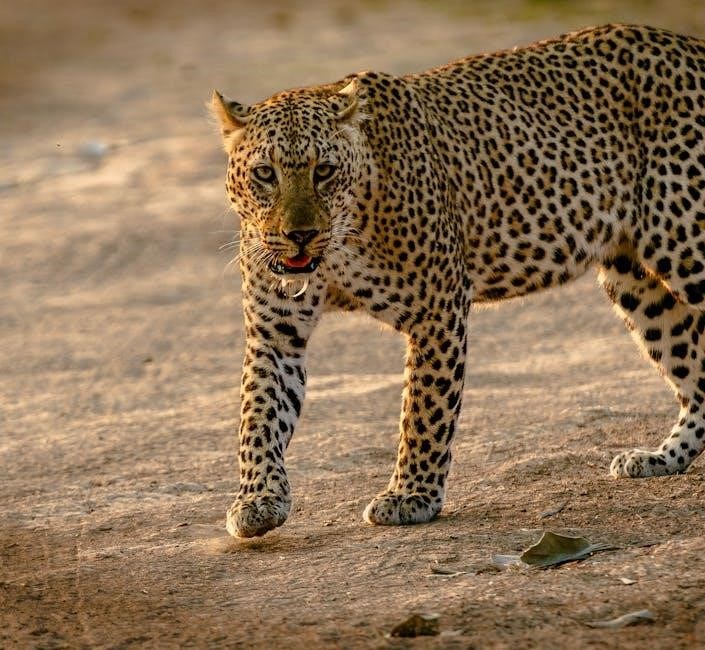
Tipping Etiquette for Different Roles in a Hunt
Tipping etiquette varies by role. Main guides typically receive 10-20% of the hunt cost‚ while support staff like trackers and cooks may receive $20-30/day collectively.
3.1 Tipping the Main Guide
Tipping the main guide is a key aspect of hunt etiquette‚ typically ranging from 10% to 20% of the total hunt cost. This amount reflects the guide’s expertise‚ effort‚ and success in ensuring a memorable experience. For example‚ a $5‚000 hunt might warrant a $500 to $1‚000 tip. Some hunters adjust this based on service quality‚ with exceptional guides receiving the higher end. It’s customary to present the tip directly to the guide‚ often in cash‚ as a gesture of appreciation for their dedication and hard work throughout the trip.
3.2 Tipping Support Staff (Trackers‚ Cooks‚ etc.)
Support staff‚ such as trackers and cooks‚ play a crucial role in the success of a hunt‚ and tipping them is considered polite and appreciated. Trackers typically receive $20-$30 per day for plains game and up to $40 daily for dangerous game. Cooks and camp staff often receive $10-$25 per day‚ depending on their contributions. These amounts are usually paid in cash and distributed separately from the main guide’s tip. Tipping support staff reflects their hard work and dedication‚ ensuring the smooth operation of the hunt. It’s customary to tip each staff member individually or through the guide‚ who may distribute the funds fairly.
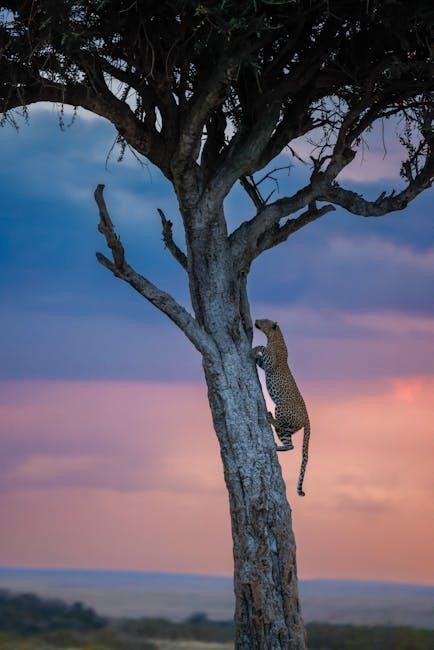
Regional Variations in Tipping Practices
Tipping customs vary by region. In the U.S.‚ 10-20% of the hunt cost is standard‚ while in other countries‚ such as Africa‚ tipping norms may differ significantly.
4.1 Tipping Norms in the U.S. vs. Other Countries
In the U.S.‚ tipping hunting guides typically ranges between 10% to 20% of the hunt’s total cost‚ reflecting service quality and success. In contrast‚ other countries like those in Africa or Europe may have different expectations. For example‚ in African safaris‚ tipping practices often involve specific daily rates for trackers‚ cooks‚ and guides‚ with amounts varying based on the type of game and hunt duration. Additionally‚ some international outfitters include gratuity in the package cost‚ while others leave it entirely to the client’s discretion. Understanding regional norms ensures hunters show appropriate appreciation globally.
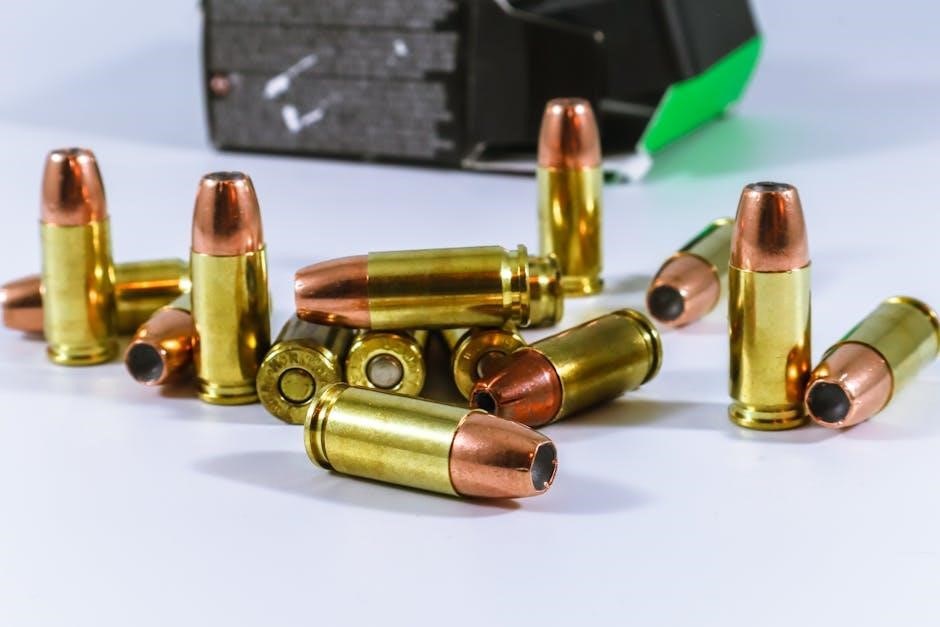
How to Pay Tips to Hunting Guides
Tips can be paid in cash or included in the total hunt cost. Cash is preferred for ensuring guides receive it directly‚ while some outfitters allocate gratuities from the total fee.
5.1 Cash vs. Included in Total Hunt Cost
When deciding how to pay tips‚ hunters often choose between cash payments or including the tip in the total hunt cost. Cash tips are preferred by guides as they ensure direct receipt of the gratuity. This method allows hunters to personally thank their guides for exceptional service. On the other hand‚ some outfitters include tips in the overall package‚ distributing the amount to guides and support staff. However‚ hunters should verify if this is the case to avoid double-tipping. Both methods are acceptable‚ but cash remains the most straightforward way to show appreciation immediately after the hunt concludes.
Additional Tips for Unique Hunting Experiences
For exceptional service or multi-day hunts‚ consider tipping more generously. Recognize efforts beyond standard duties‚ ensuring your gratitude reflects the hunt’s success and your overall satisfaction.
6.1 Tipping for Exceptional Service
Exceptional service from guides deserves higher tips. If guides surpass expectations‚ increase the tip beyond the standard 10-20%. Consider their dedication‚ knowledge‚ and efforts that made your hunt memorable. For outstanding performance‚ 20% or more is appropriate. Some hunters also add small gifts or personalized notes to show extra appreciation. Remember‚ exceptional service justifies higher compensation‚ reflecting their impact on your hunting experience. Ensure your gratitude aligns with the value they provided‚ making your tip a sincere reflection of their hard work and professionalism.
6.2 Tipping for Multi-Day Hunts
For multi-day hunts‚ tipping practices vary but often involve considering the duration and service quality. Daily rates for guides can range from $20 to $50 per day‚ depending on the hunt’s complexity. Support staff‚ like trackers or cooks‚ may receive $10 to $30 daily. Some hunters prefer to tip a lump sum at the end‚ while others opt for daily contributions. Factors like the guide’s dedication‚ success of the hunt‚ and overall experience influence the amount. Ensure tips are fair and reflective of the effort put in by the entire team. Clear communication with the guide about tipping preferences can also help distribute gratuities appropriately.
Final Thoughts on Tipping Hunting Guides
Tipping hunting guides is a meaningful way to show gratitude for their professionalism and dedication. Aim for 10-20% of the hunt’s cost‚ ensuring fairness and appreciation for exceptional service;
7.1 The Importance of Showing Appreciation
Tipping hunting guides is a crucial way to express gratitude for their hard work‚ expertise‚ and dedication. Guides often go above and beyond to ensure a successful and enjoyable experience‚ and a thoughtful tip acknowledges their efforts. It not only reflects the quality of service but also shows appreciation for their role in making the hunt memorable. By tipping generously‚ hunters demonstrate respect for the guide’s professionalism and commitment. This gesture fosters positive relationships and encourages guides to maintain high standards. Remember‚ tipping is a personal choice‚ but it carries significant value in recognizing the contributions of those who make hunting trips unforgettable.
